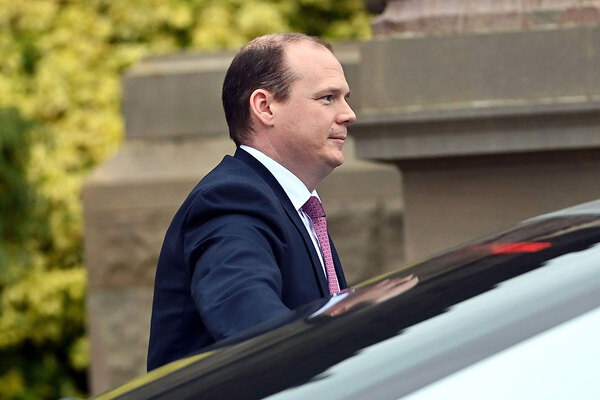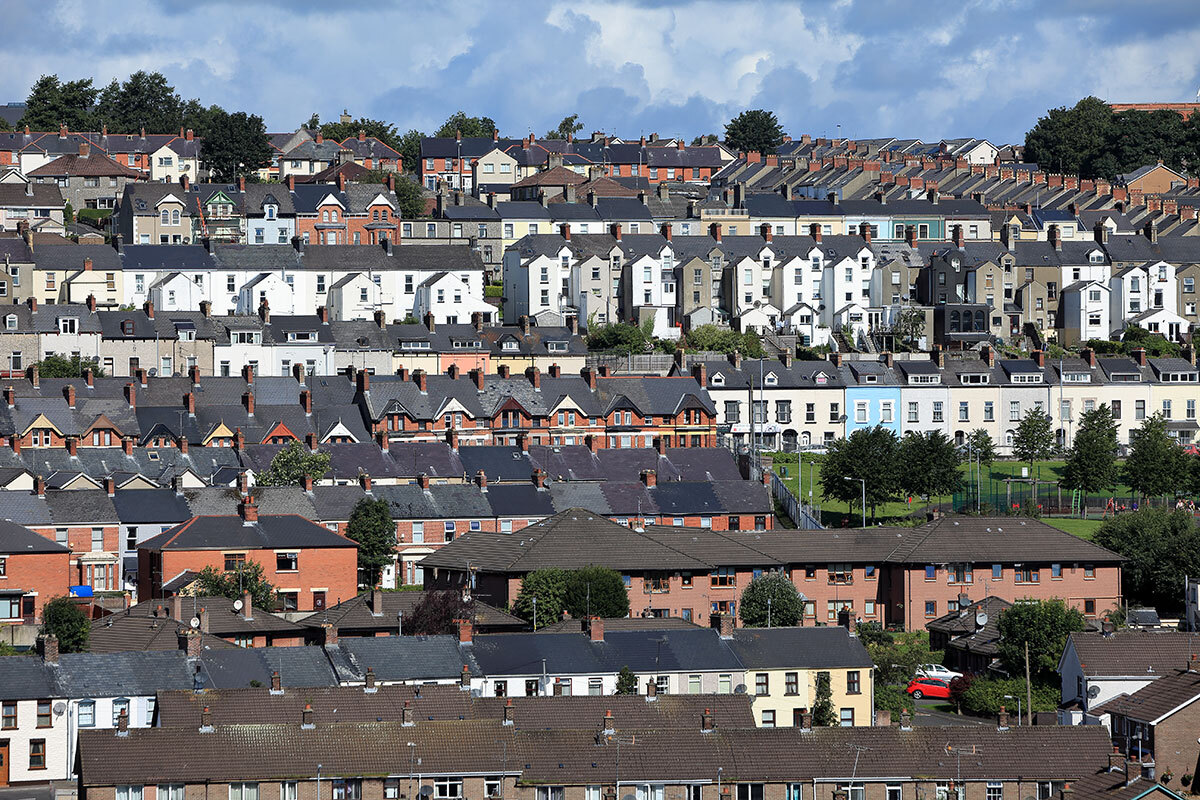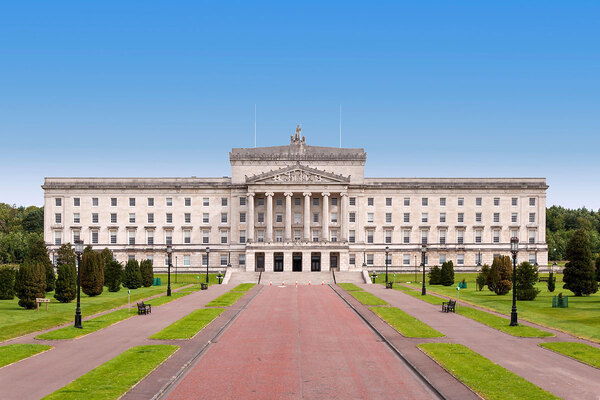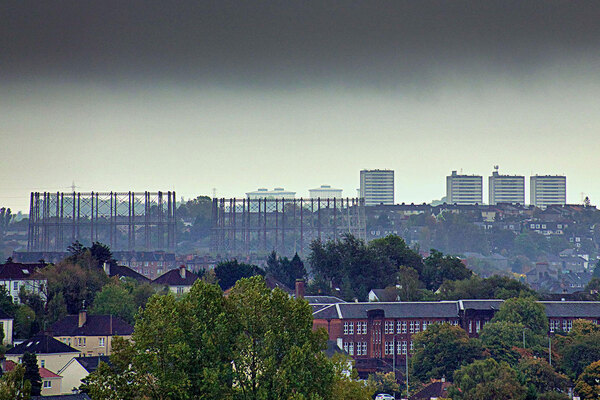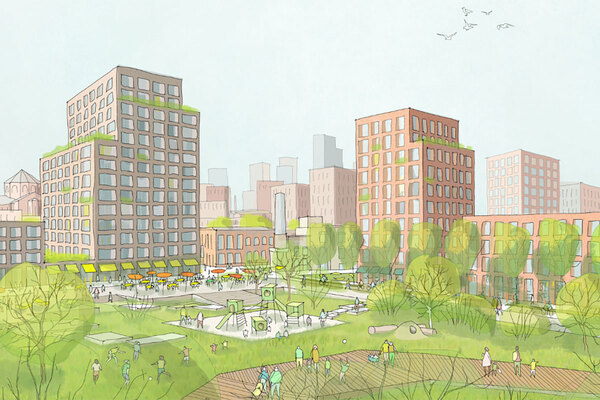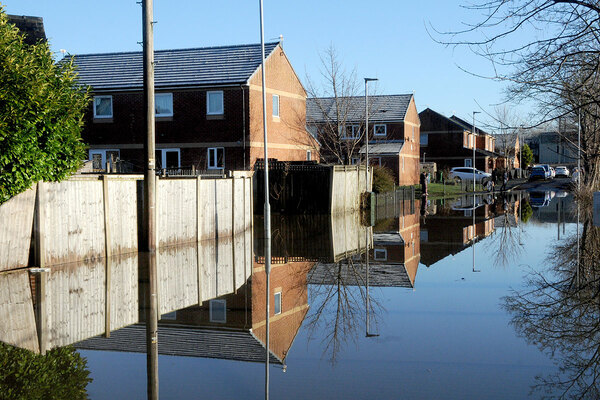‘Devastating’: Department for Communities capital budget slashed by 38%
The Department for Communities’ (DfC) capital budget has been cut by 38% in the Northern Ireland budget, in a move described as “devastating” by the Chartered Institute of Housing.

The budget, approved by the executive, allocated the DfC £133m in capital funding for 2024-25, down from £216m last year. The capital budget for the department, which is responsible for housing, funds the Social Housing Development Programme.
Finance minister Caoimhe Archibald said: “Since devolution was restored, we have been really clear this was always going to be a difficult budget.”
However, Justin Cartwright, national director at the Chartered Institute of Housing Northern Ireland, said that slashing the DfC’s capital budget to such a degree is a “devastating blow”.
He said: “While we understand the spending environment is tough, this is a disproportionate cut compared with other departments.
“Last year, 72% of this capital budget went towards social housing development.
“Maintaining that allocation from a significantly reduced Budget could translate to around 900 new social homes started – a far cry from the 1,500 targeted last year, and a fraction of the 2,200 our housing crisis demands.
“This is not fiscal responsibility, it is short-changing people who desperately need safe, affordable housing.”
The Budget allocations come after comments from communities minister Gordon Lyons on several occasions about the importance of building new social homes and about the need to be “radical” when it comes to housing.
The Department for Infrastructure received nearly 40% of the total capital allocations, while the Department of Health received 20%. The DfC was allocated 6% of the capital budget, compared to 10% last year.
Ms Archibald said: “The draft budget allocates £2.1bn of capital funding. While this isn’t sufficient to meet all the demands, it will provide investment in our hospitals, school estate, roads and transport network, as well as social housing.”
The capital allocations are:
-
Department for Infrastructure – £820.1m
-
Department of Health – £416.8m
-
Department of Education – £254.3m
-
Department for the Economy – £221.9m
-
Department for Communities – £133.4m
-
Department of Justice – £91.9m
-
Department of Agriculture, Environment and Rural Affairs – £95m
-
Department of Finance – £38.9m
-
The Executive Office – £10.5m
More than half of the budget (51.2%) allocated for day-to-day costs went to the health department, including £34m to tackle waiting lists. Education received almost a fifth of the funding.
The resource allocations are:
-
Department of Health – £7.76bn
-
Department of Education – £2.87bn
-
Department of Justice – £1.26bn
-
Department for Communities – £856.0m
-
Department for the Economy – £766.6m
-
Department of Agriculture, Environment and Rural Affairs – £577.3m
-
Department for Infrastructure – £559.5m
-
Department of Finance – £208.1m
-
The Executive Office – £183.2m
Ms Archibald said: “The stark reality is the demands on our finances far outstrip the funding available many times over.
“No department has received the level of funding it has bid for. As an executive, we have had to make tough choices and prioritise the funding envelope we have.
“With increased demands on services and rising costs, I recognise these allocations won’t provide sufficient funding for departments to do everything they want – that is regrettable for all executive ministers.”
Ms Archibald said she will continue to make the case to the UK government that the executive “must be properly funded to put the executive’s finances on a sustainable footing” and “that we need to be provided with a multi-year budget which enables long-term planning for service delivery and have the appropriate powers to be able to deliver high-quality public services and support workers and families”.
Ahead of the budget, housing bodies had called on the Northern Irish government to allocate sufficient funding to the sector.
Sign up for our Northern Ireland bulletin
Already have an account? Click here to manage your newsletters
